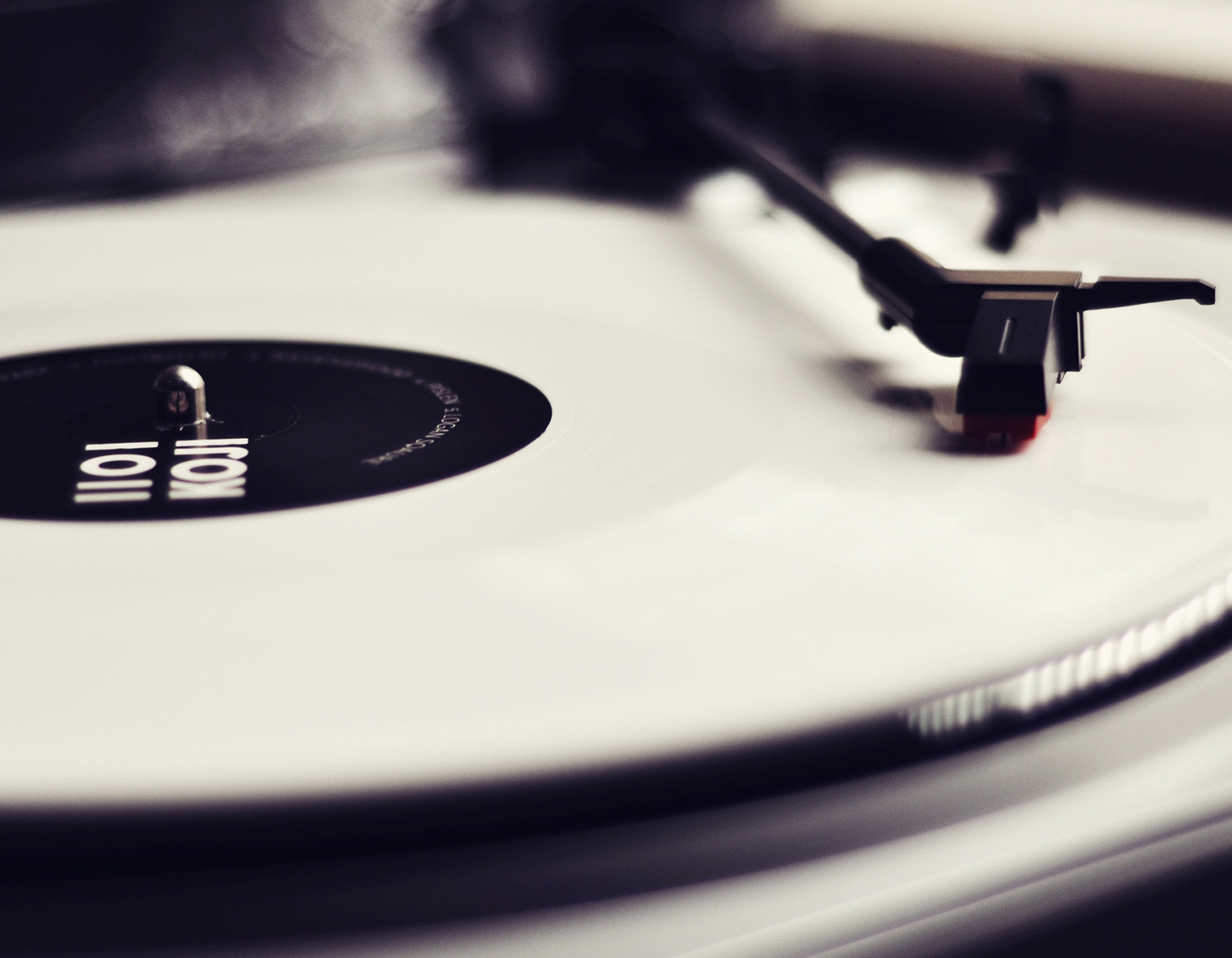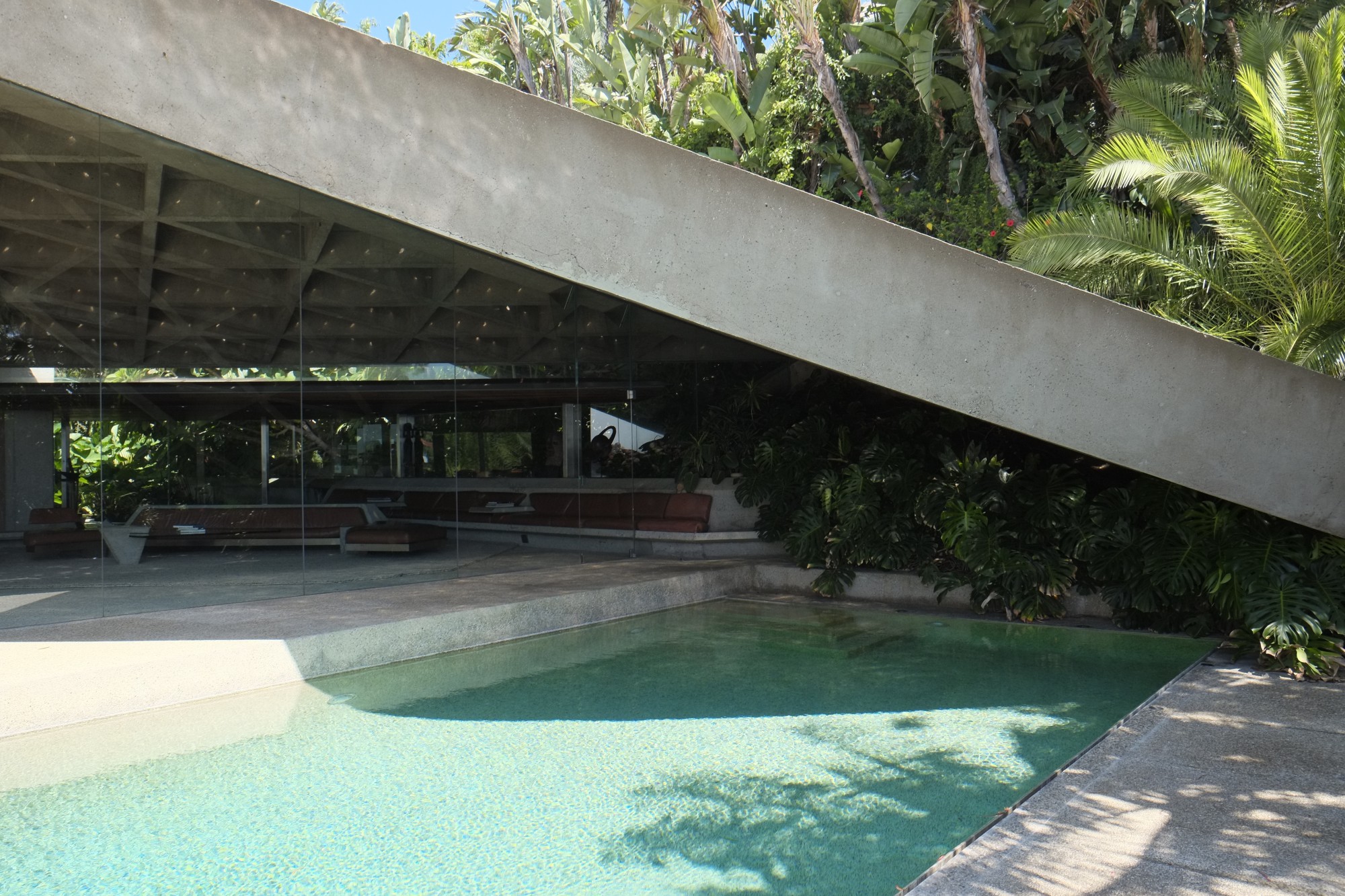Ever since the announcement of the cassette tape in the 1980s or the 8-track before it, people have predicting the end of the vinyl record. Why wouldn’t they? The record album is impractical, it’s huge and relatively heavy. Its sensitivity to vibration makes it impractical to use in a portable way and their constant need for cleaning is kind of a pain. Despite this, vinyl continues to not only survive but in recent years has come to thrive. At V3llum, we’re huge fans of vinyl and feel having a quality home stereo should be on the list for any aspiring young person. This article is the first in a series that will help you seek out and set up the best entry level audio gear that will not only sound great but look great too. Check it out, you might learn something.
The vinyl resurgence has been on a slow boil for over a decade now. People cite many reasons for the medium’s continued popularity such as better sound or the appeal of a large scale album art. Some wax poetic about the ritual of putting a record on and listening to it, how vinyl makes your life conform to it rather than the other way around. Whatever the reason, now is a fantastic time to get into serious record collecting. Even modern mainstream artists are releasing their work on beautifully made, 180 gram vinyl. Sadly, getting into vinyl is not without its costs but that doesn’t mean you have to spend your life savings or gamble on a vintage piece to pick up great turntable. We’ve compiled a list of our three favorite entry-level turntables that will set you on your way to having an epic sounding system for relatively little money.

Our first pick is the Pro-Ject Debut Carbon. This incredible turntable takes features commonly found on turntables costing many thousands of dollars and makes them available on a turntable costing well under $500. The Debut Carbon, like the majority of entry level audiophile turntables is a pretty simple machine. It’s fully manual and apart from its fancy carbon fiber tonearm, it’s made of pretty pedestrian materials. The plinth (the base of the turntable) is made from MDF or medium density fiberboard. MDF is great because it’s cheap, easily workable, and almost totally sonically inert. This means that outside vibrations like someone walking around your apartment or slamming doors won’t affect the sound coming from your turntable. The platter (or the part that the record sits on) is made from steel. The Debut Carbon uses a belt drive system with manual speed changes coming from a stepped pulley. The thing that really sets the Debut Carbon apart is its carbon tonearm. The tonearm is the part of the turntable that the cartridge and needle screw onto. The advantage of a carbon fiber tonearm on a record player is not unlike the advantage of carbon fiber in anything else: it’s light and very stiff. This means that the needle can more accurately track the grooves in your record and produce a more faithful sound. The Pro-Ject Debut Carbon typically runs around $400 and includes cables and a cartridge.

The next entry level turntable we recommend is a little cheaper than the Debut Carbon but it’s still an excellent turntable with some really nice features. The U-Turn Audio Orbit Plus can generally be found online for around $300 and while it lacks the Debut’s carbon tonearm, it has a gorgeous (and super functional) acrylic platter. In addition to looking awesome (and it does), the acrylic platter is much heavier than the steel platter found on the Debut Carbon. The advantage of a heavier platter are reduced fluctuations in speed known as wow and flutter due to increased inertia. Wow and flutter are most simply described as ‘frequency wobble’ or minute variations in platter speed that can affect sound quality. The Orbit Plus also makes use of MDF for its plinth, belt drive and stepped pulley for power and comes with vibration isolating feet. The metal tonearm of the Orbit Plus is pretty respectable if not awe-inspiring and it comes with a quality cartridge from legendary manufacturer Grado.

Last, but certainly not least is the Audio Technica AT-LP120-USB. This is a pretty different animal from the other two we suggested but it’s a highly capable machine in its own right and is significantly cheaper to boot. The AT-LP120 is an affordable clone of the legendary (and ubiquitous) Technics SL1200. This means that unlike the other two tables we’ve mentioned, the AT unit is direct-drive. What this means is that rather than have a motor connected to a pulley which is connected to a belt which drives the platter, the platter is directly driven by the motor. The nice thing about a direct drive unit is that speed changes are available at the push of a button and those speeds are more accurate. A direct-drive turntable will also reach play speed more quickly and has fewer parts to wear out. Direct-drive turntables were looked down on by the audiophile community for a long time but that mentality is starting to change. These tables are real workhorses and will provide years of trouble free listening. Another advantage that the Audio Technica AT-LP120-USB has over the other two tables we listed is the inclusion of a built-in phono preamp which ultimately means one less piece of equipment to buy for your stereo system and a USB out which allows users to connect the table directly to their computer and digitize their vinyl. Granted, the AT unit doesn’t sound quite as good as the Pro-Ject Debut Carbon or the U-Turn Audio Orbit Plus but most people won’t notice and as an entry level table it’s hard to beat. They can be found online for around $250.
So, there we go. We have given you three different turntable options at three price points that look awesome, sound amazing, and will help you start to enjoy all this amazing vinyl that’s being released and re-released. As we mentioned earlier, we envision this article as a start to building your own entry level stereo system. If you’re wondering where you can buy vinyl, you’d be surprised at how widely available it is, even if you don’t take the internet into account. Some of our favorite stores are Amoeba Records in LA or San Francisco, Record City in San Diego, Jackpot Records in Portland, Sonic Boom Records in Seattle or Criminal Records in Atlanta. Check them out and welcome to the club.







2 Comments
Comments are closed.